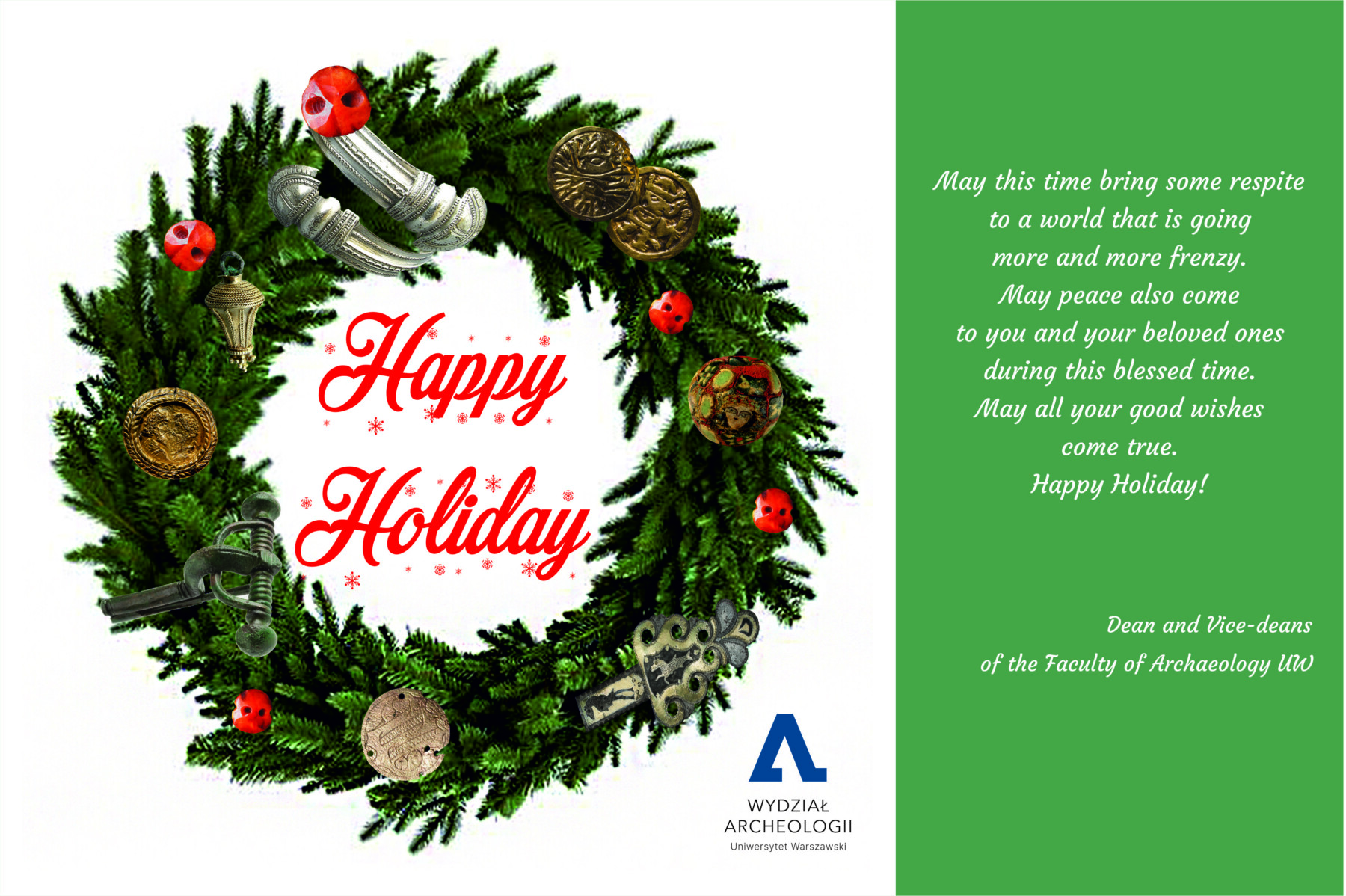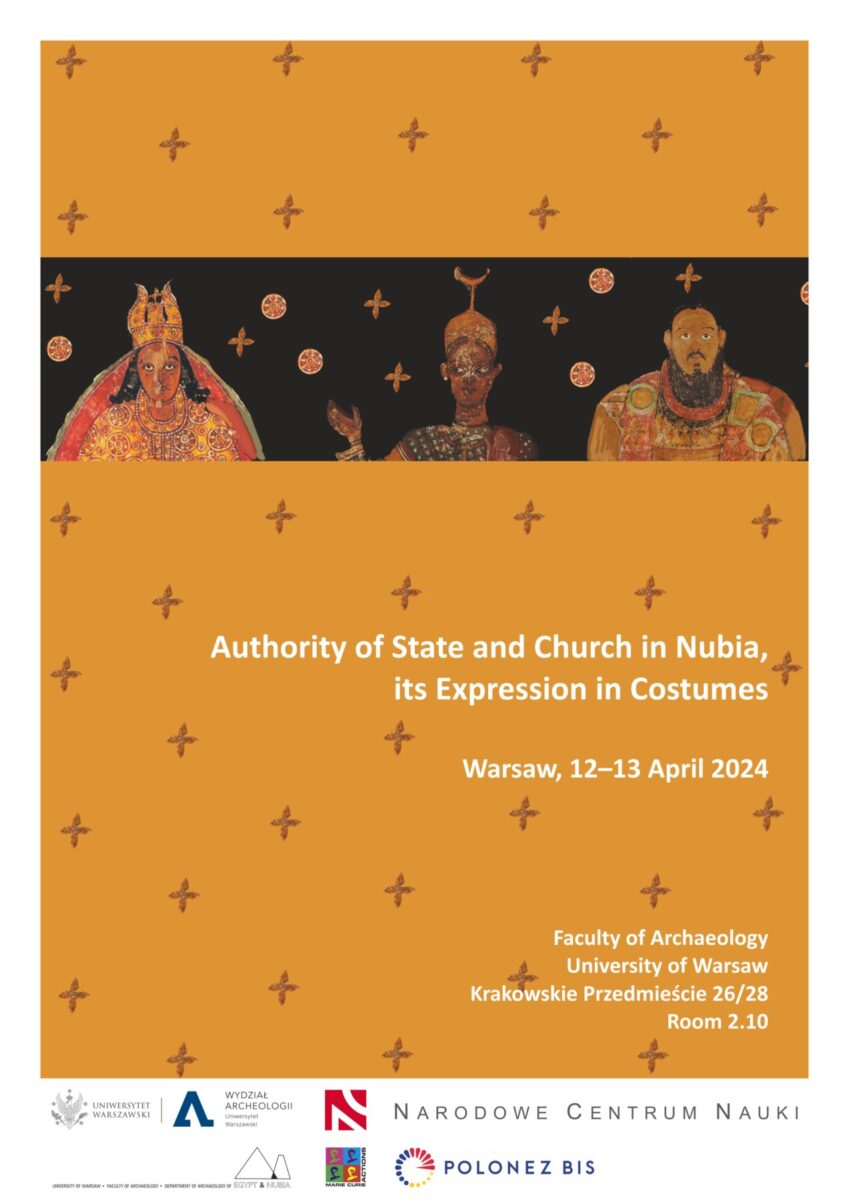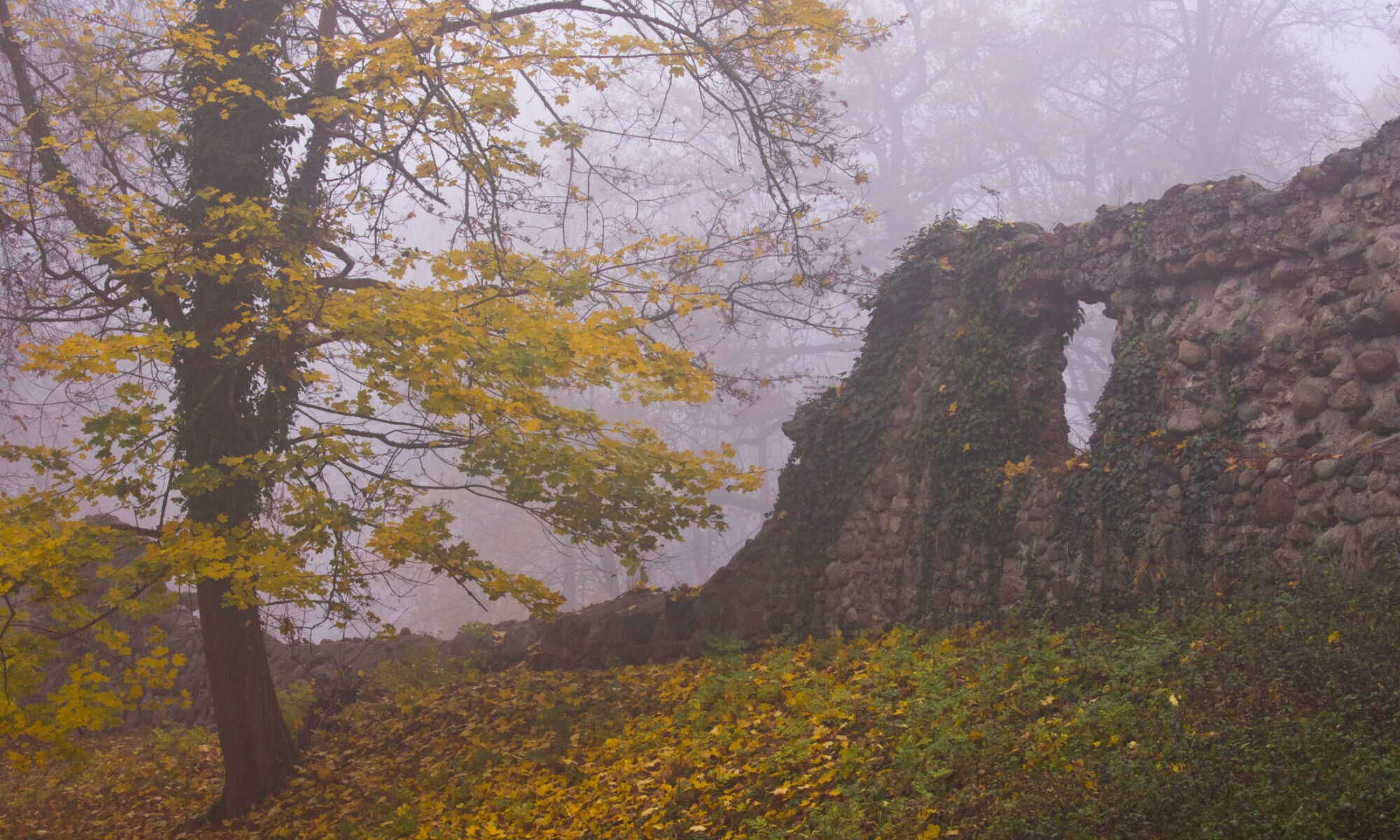The Faculty of Archaeology of the University of Warsaw, together with the Polish Academy of Sciences, the Station in Rome, and the Parco Archeologico Del Colosseo, announce a conference to be held in Rome on June 18-19, 2025. The aim of the conference entitled “Barbarians in Rome – Rome in Barbaricum” is to discuss the nature of interactions between Romans and Barbarians on both sides of the limes. The conference organizers from the University of Warsaw are Agnieszka Tomas, Martin Lemke, and Jerzy Miziołek. Poster Barbarians in Rome_Programme 18-19.06.
Laser Scanning (LiDAR) from drones at the Faculty of Archaeology
Archaeological research based on LiDAR (Light Detection and Ranging), also known as Airborne Laser Scanning (ALS), has proven to be a breakthrough in discovering new archaeological sites. Thanks to purchases made under the Dariah Lab program at the Faculty of Archaeology at the University of Warsaw, we now have the ability to use high-resolution scanners at a lower cost.
Holiday wishes

Invitation to the conference about Novae
Dear Colleagues, Dear Students, on behalf of the organizers I am sending you an invitation to the conference about archaeological investigations in Novae. The conference programme is in the attachment. Agnieszka Tomas Novae Conference programme
Dean’s hours on 26th November
Due to the unusually scheduled date of the Faculty meeting, which will take place on 26.11.2024 at 13:30 in room 210, at the request of the Dean, I am announcing Dean’s hours free on 26.11.2024 from 13:15 to 16:30.
Old World’s 2024 best article competition for young scholars: “Women of the Pre-Modern World”
We invite you to participate in the inaugural best article competition for young scholars announced by Old World: Journal of Ancient Africa and Eurasia. The topic for 2024 is “Women in the Pre-Modern World”. All authors aged 35 or below (born on 20 September of 1988 or later) are eligible to participate in the competition. The prize is $1000.
The final EuroWeb conference at the University of Warsaw on May 20-21
EuroWeb is a four-year research action integrating multidisciplinary research on European textiles from antiquity to the present day. It is led by prof. Agata Ulanowska from our Faculty. EuroWeb has united nearly 250 researchers, creators and designers.
Continue reading “The final EuroWeb conference at the University of Warsaw on May 20-21”
Workshop ‘Authority of State and Church in Nubia, its Expression in Costumes’
On 12 and 13 April 2024, a workshop titled ‘Authority of State and Church in Nubia, its Expression in Costumes’ will take place.
This is part of the research project ‘Costumes of Authority. The Image of Royalty and Clergy in Christian Nubia’ (NCN, Polonez bis). The purpose of the workshop is to discuss the costumes of the authorities of the Kingdom of Makuria, in the context of the pre-Christian tradition of Nubia, as well as Byzantine and Ethiopian cultures.
The workshop will take place at the Faculty of Archaeology of the University of Warsaw and will be in hybrid form.
If you are interested in attending online please contact Karel Innemée, k.innemee@uw.edu.pl.
For further information, please follow announcements on our website https://nubianauthorities.archeologia.uw.edu.pl/index.php/activities/.
The programme of workshop is available here.

Rules for including affiliations in academic publications
We would like to remind you that staff, Ph.D. candidates, and students are bound by the rules for including affiliations in academic publications established by the Dean of the Faculty of Archaeology. Please follow the published guidelines.
Equality at UW 2024 – invitation to participation in university study
Dear Colleagues,
due to the launch of the second edition of the research project „Equality at UW 2024″, we would like to invite you to take part in online focus group interviews.
Continue reading “Equality at UW 2024 – invitation to participation in university study”

